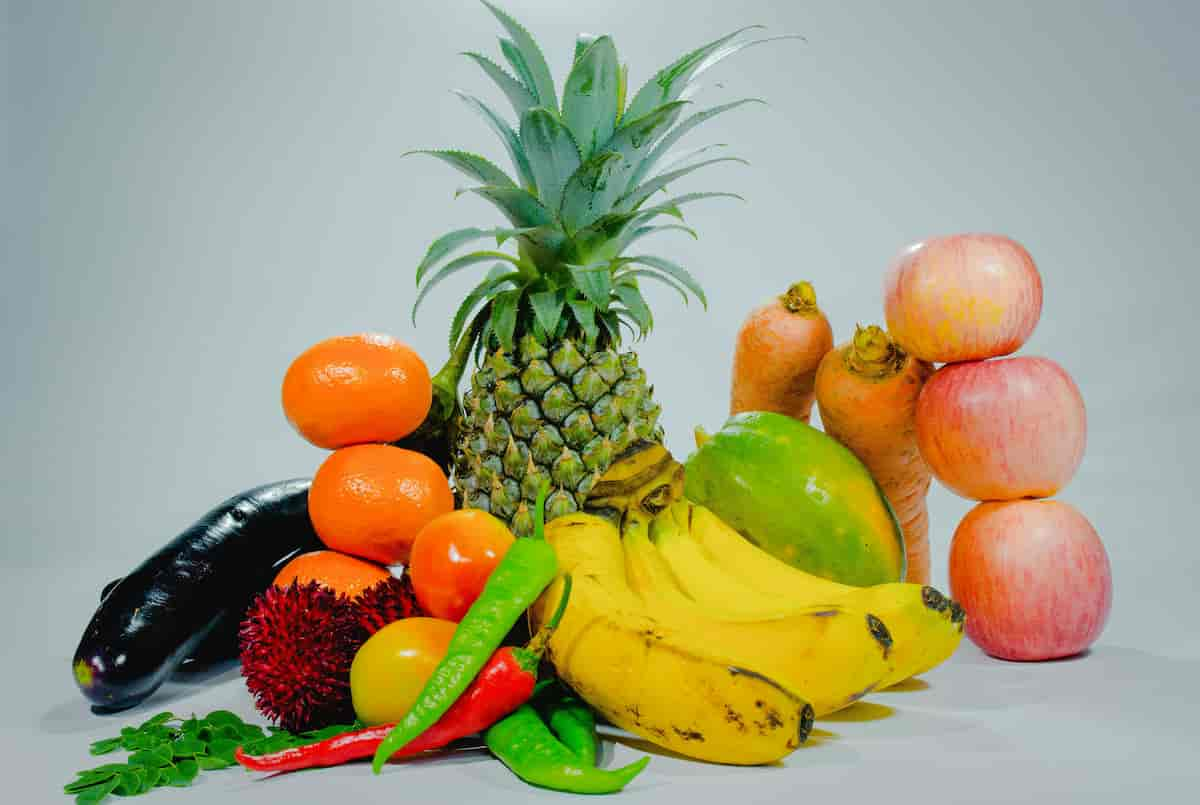The right amount of fruit and vegetables for long-life and a lower risk of heart disease and cancer.
People who eat high amounts of fruits and vegetables every day are more likely to be protected from cardiovascular diseases, cancers, and many other long-term illnesses.
Despite this, barely one-in-10 people consume an adequate amount of fruits or vegetables regularly.
According to a study, eating 3 servings of vegetables and two of fruits a day is the right ratio for your five-a-day recommended intake to optimise lifespan.
Dr Dong Wang, the study’s first author, said:
“While groups like the American Heart Association recommend four to five servings each of fruits and vegetables daily, consumers likely get inconsistent messages about what defines optimal daily intake of fruits and vegetables such as the recommended amount, and which foods to include and avoid.”
The study analysed data regarding fruit and vegetable intake which was obtained from 2 million adults in 29 countries.
They found that:
- Five servings of fruits and vegetables per day was linked to reduced death risk.
- Eating three servings of vegetable and two servings of fruits every day was linked to the utmost longevity.
- Participants who had five servings of fruits and vegetable a day were 13 percent less likely to die from any illnesses than those who had two servings of fruit and vegetables a day.
- Also, they had a 35 percent reduced risk of dying from lung conditions like chronic obstructive pulmonary disease (COPD), a 12 percent reduced risk of dying from heart disease, and a 10 percent reduced risk of dying from cancer.
- Not all fruits and vegetables are equal: Vitamin C-rich and beta carotene-rich fruit and vegetables such as berries, citrus fruits, and carrots, and green leafy and cruciferous vegetables such as lettuce, spinach and kale showed benefits, while starchy vegetables such as corn and peas, potatoes, and fruit juices didn’t show any benefits in terms of lowering death risk or increasing longevity.
Dr Wang said:
“People should ideally consume five servings of fruit and vegetable each day.
This amount likely offers the most benefit in terms of prevention of major chronic disease and is a relatively achievable intake for the general public.
We also found that not all fruits and vegetables offer the same degree of benefit, even though current dietary recommendations generally treat all types of fruits and vegetables, including starchy vegetables, fruit juices and potatoes, the same.”
Dr Anne Thorndike from Harvard Medical School in Boston and chair of the American Heart Association’s nutrition committee, said:
“The American Heart Association recommends filling at least half your plate with fruits and vegetables at each meal.
This research provides strong evidence for the lifelong benefits of eating fruits and vegetables and suggests a goal amount to consume daily for ideal health.
Fruits and vegetables are naturally packaged sources of nutrients that can be included in most meals and snacks, and they are essential for keeping our hearts and bodies healthy.”
The study was published in the journal Circulation (Wang et al., 2021).

